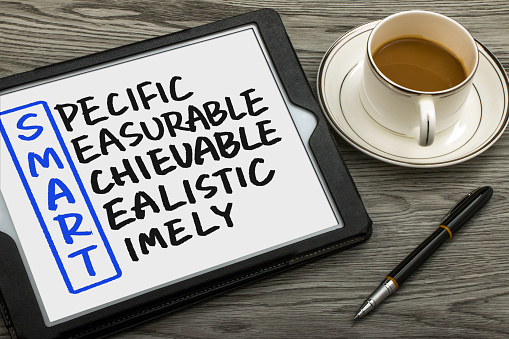It’s easy to fall into a lifestyle where you work too hard, and find yourself constantly thinking about work.
Along with this, no matter what way you juggle your schedule, the number of hours in the day stays the same, and it never seems to be quite enough. To solve this, there have been proven ways to work much more efficiently -which doesn’t mean harder-, that will buy you some extra hours in the day by increasing productivity.

Here are some ways to get you onto the path of working smarter, not harder:
Know how to manage your to-do list.
It is good to periodically rework your to-do list, so here are some tips to help:
- One key thing here is to separate your big master list of everything you have to get done from your current day’s to-do list. By having a “today” list, and a “someday” list, you ensure that today will be less overwhelming, and that you actually get to that someday list.
- It may be a stress reducer to write your daily to-do list the night before. “Your mind is for having ideas, not holding them.” says David Allen, the author of Getting Things Done.
- Once you’ve got your day’s to-do list ready, select up to three tasks that are most important to get done today. Get those done first, and the rest should be easy.
Measure your productivity, not time spent.
If you evaluate your work day by what you actually get done, as opposed to the time it takes to get something done, you will start to notice a difference in how you work.
- Keep a list of everything you get done in a day as a motivator (and to track patterns).
- Try breaking it down into doable sections so that time spent feels more productive due to completeness.
Figure out what gets you over the starting hurdle.
Without a plan or list ordering your first move, a lot of us have a hard time making it. It is important to build a routine that will tell your brain and body that it is time to work. Here are a few simple “triggers” that could work for anyone:
- Sitting down at your desk or workspace and turning off your phone
- Exercising or stretching
- Eating breakfast
- Listening to an album or song that gets you in the mood to work
Figure out where you waste time, remove, and repeat.
Identify your usual “time-suckers” and ask yourself if you could be more efficient by moving or removing them from your schedule. For instance:
- If you never find yourself with enough time in the morning, consider things you could do the night before (such as pick out your clothes, or shower).
- If these time-suckers tend to be things simply distracting you (like checking up on your favorite sites or blogs), try working them into your breaks or morning routine.
Find a way to turn work-mode off.
As challenging as it is for some of us to start working, it is equally hard sometimes to stop. One of the worst parts about this is that it becomes way easier to push our most important tasks until later, because we know we will still be working.
Here are a few ways to turn work-mode off:
- Quit while you’re ahead. I can’t say it any better myself, so in the words of Hemingway, “The best way is always to stop when you are going good and when you know what will happen next. If you do that every day…you will never be stuck.” .
- Set a cut-off (or turn-off) time. Like having a deadline, this will add just enough pressure (not stress though) to make sure you get things done on time.
- Plan something for after work. By having something to look forward too for after work, not only does it motivate you to get more done, but it can ensure that you stop working at a good time.
“Working smarter, not harder” is an age-old adage, and there’s a reason for that. This may be easier said than done, however, if you can get yourself onto this path; your entire working life will be easier. Contact us at (408) 849-4441 or send us an email at info@veltecnetworks.com for more information.






